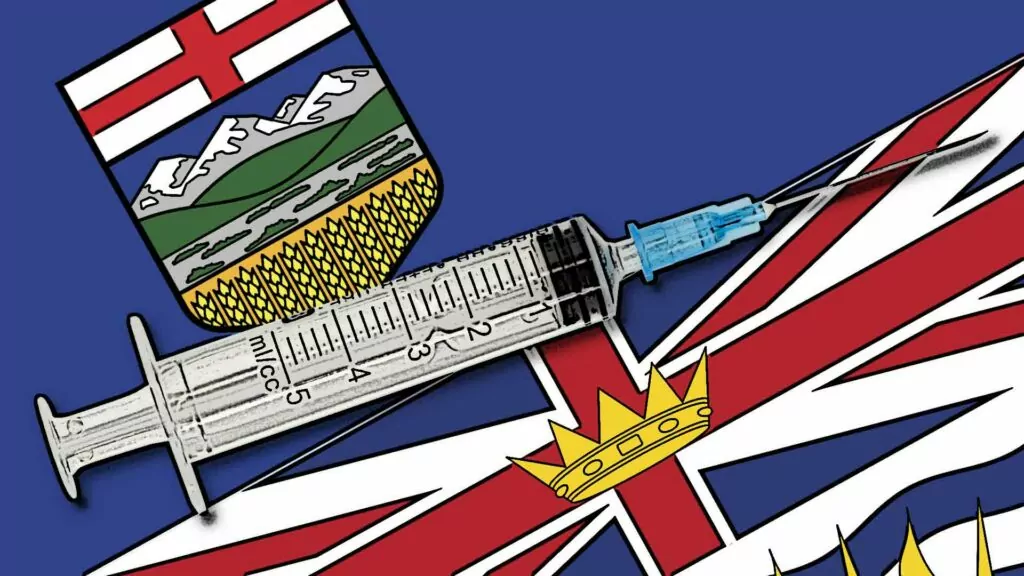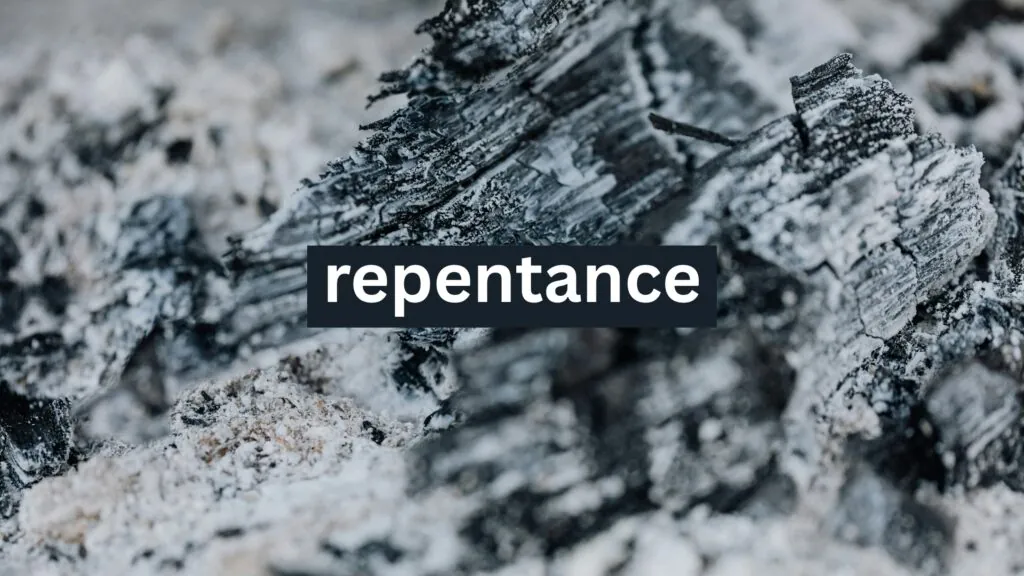BC’s NDP government and provincial health officer Dr. Bonnie Henry have long denied or downplayed the concern that the free drugs they are giving to addicts are being trafficked. However, a leaked document from BC’s Ministry of Health now admits that “a significant portion” of the drugs are being sold and trafficked “provincially, nationally and internationally.”
When confronted by reporters about the revelation, BC’s Health Minister Josie Osborne admitted that “there’s absolutely no denial of it.” As the opposition Conservatives pointed out, this means that the BC government is guilty of “taxpayer-funded drug trafficking.”
The BC government has been operating a so-called “safer supply” program since 2020. The leaked document revealed that from 2022 to 2024, the government gave out the equivalent of 2.5 million hydromorphone 8-mg pills and 70,000 20-mg oxycodone pills. As an addiction outreach worker explained to the National Post way back in April of 2024:
“You can stand in front of just about any of these pharmacies that are involved in this – usually close to the safer supply prescribing office – and you can sit outside for five minutes and watch all kinds of transactions going down.”
In 2023, BC’s provincial health officer Dr. Bonnie Henry acknowledged that “some diversion is occurring” but her suggestion was to expand the program and make the drugs more powerful so that addicts wouldn’t want to sell them for something stronger.
The BC government’s drug strategy has been built on a worldview that does not acknowledge sin and its resulting misery. The “harm” that they are trying to reduce is not the misery resulting from wrecking our bodies and lives through drugs, but the stigma (i.e., shame) associated with drug addiction. It has only taken a few years and the world has witnessed just how devastating this strategy has been. One of the root issues is that shame is not something to be minimized or avoided, but instead heeded. It is an alarm from our conscience and God telling us we need to stop. Trying to reduce stigma is akin to putting our fingers in our ears to deal with the noise from our fire alarm – that avoids the real issue, to our harm.
The 6th commandment gets to the heart of true treatment. Here God reveals His high regard for the value of every human life. The Heidelberg Catechism explains that the commandment not only condemns murder, but “I am not to dishonor, hate, injure, or kill my neighbour by thoughts, words, or gestures, and much less by deeds.” It also adds “moreover, I am not to harm or recklessly endanger myself.” A loving God wants to protect us from things that harm and kill us. A deceitful Satan wants to do the opposite.












